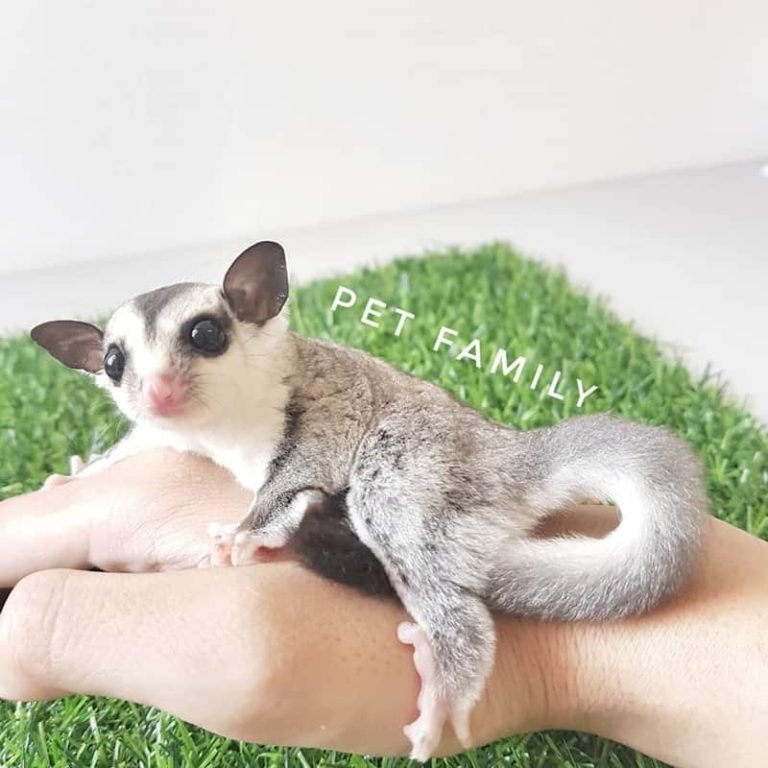Are Sugar Gliders Dangerous To Humans
Are Sugar Gliders Dangerous to Humans?
Sugar gliders are small, nocturnal marsupials native to Australia, Indonesia, and New Guinea. With their big eyes and gliding ability, they have become increasingly popular as pets in recent years. However, many people wonder if having a sugar glider as a pet can pose any risks to their health and safety.
The short answer is no, sugar gliders are not dangerous to humans. In fact, they are generally known to be friendly and sociable animals. However, it’s important to understand that like any pet, sugar gliders have their own set of needs and behaviors that should be respected to ensure a harmonious relationship between the glider and its owner.
Sugar Glider Behavior
Understanding sugar glider behavior is crucial to keeping them as pets. Here are some key points to note:
1. Nocturnal Nature: Sugar gliders are nocturnal animals, which means they are most active at night. They have a natural inclination to sleep during the day and be active at night. This is important to consider if you’re thinking of keeping a sugar glider as a pet. You’ll need to be prepared for their nocturnal schedule, which may involve waking up to their playful antics during the night.
2. Social Creatures: Sugar gliders are highly social animals that live in extended family groups in the wild. They thrive on social interaction, so it is important to provide them with companionship. It is recommended to keep at least two sugar gliders together to avoid loneliness and depression.
3. Bonding and Training: Sugar gliders can form strong bonds with their owners through patience, consistency, and positive reinforcement. Bonding time, where the glider interacts with its owner, should be a regular part of their routine. Training is also essential to ensure the glider understands boundaries and can be handled safely.

Potential Risks and Precautions
While sugar gliders are generally not dangerous, there are a few considerations to keep in mind to ensure their well-being and prevent any potential risks:
1. Bites: Sugar gliders have sharp teeth and can bite if they feel threatened or scared. However, with proper handling and bonding, the chances of getting bitten are minimal. It’s important to approach your sugar glider calmly and slowly to avoid startling them.
2. Nutritional Needs: Sugar gliders have specific dietary requirements that need to be met for their optimal health. Their diet consists mainly of fruits, vegetables, high-quality commercial glider food, and occasional insects. It’s important to research and provide a balanced diet to prevent any nutritional deficiencies or health issues.
3. Escape Artists: Sugar gliders are agile climbers and skilled gliders. They can easily escape from unsuitable enclosures if they are not secure. It’s essential to provide a cage that is escape-proof, with small bar spacing and secure latches.
Frequently Asked Questions
1.Can sugar gliders transmit diseases to humans?
Sugar gliders are not known to transmit diseases to humans. However, it’s always important to practice good hygiene and wash your hands before and after handling your pet to prevent any potential health risks.
2.Do sugar gliders require any vaccinations?
No, sugar gliders do not require any vaccinations. However, it’s still essential to provide regular veterinary care to ensure their overall health and well-being.
3.Are sugar gliders aggressive?
Sugar gliders are typically not aggressive animals. However, they can become defensive or scared if they feel threatened or stressed. Proper handling, socialization, and a calm environment can help prevent aggressive behavior.
4.Can sugar gliders cause allergies?
Some people may be allergic to sugar gliders, just like any other animal. If you or a family member have known allergies, it’s important to spend time with a sugar glider before getting one as a pet to assess any potential allergic reactions.
Final Thoughts
In conclusion, sugar gliders are not dangerous to humans. They can make delightful pets for those willing to understand and meet their unique needs. By providing proper care, training, and socialization, you can enjoy a rewarding and fulfilling relationship with these charming marsupials. Remember to always research and consult with experts or veterinarians to ensure you are providing the best care for your sugar glider.







